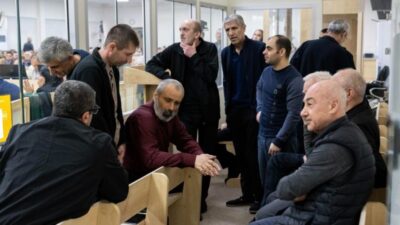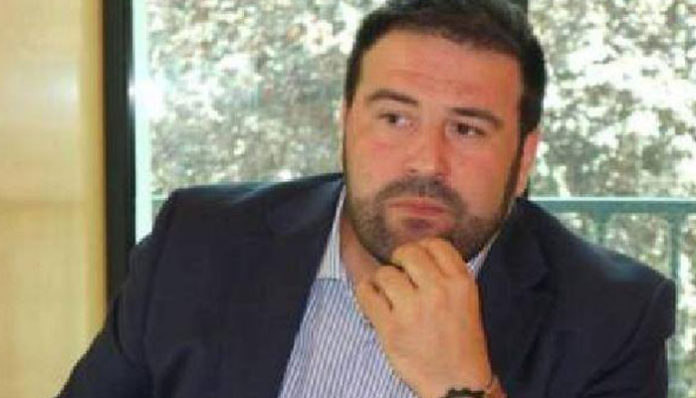MADRID (Armenpress) — The likelihood of repetition of mass crimes increases with impunity, Spanish legislator Jon Inarritu said this week.
The MP made the remarks when asked about Turkiye’s continual denial of the Armenian Genocide.
Inarritu told Armenpress that the systematic denial of the Armenian Genocide by Turkiye isn’t simply an insult to the memory of the victims, but it also perpetuates the culture of impunity.
He said Turkiye ought to recognize the Armenian Genocide not only as a matter of historical justice but as a moral imperative.
“Turkiye has institutionalized its denial as state policy, combining historical revisionism, diplomatic pressure, economic threats and well-funded disinformation campaigns through international lobby. This kind of approach disrupts truth, distorts the present and closes any real path towards reconciliation,” he said.
He said the international community ought to have a stronger approach towards the matter.







